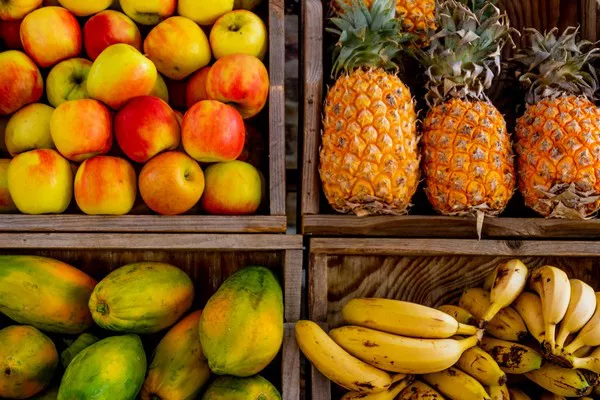When trying to lose weight, creating a calorie deficit is essential. This means that you need to consume fewer calories than your body burns each day. However, it’s important to ensure that the foods you eat in a calorie deficit are nutritious and filling. In this article, we will explore some healthy and satisfying foods to eat when in a calorie deficit.
1.Lean Protein
Protein is an essential nutrient that helps build and repair muscles. When in a calorie deficit, it’s important to ensure that you’re getting enough protein to preserve muscle mass. Additionally, protein helps keep you full for longer, reducing overall calorie intake.
Some great sources of lean protein include chicken breast, turkey breast, fish, tofu, and legumes like lentils and chickpeas. Incorporating these foods into your meals can help you stay satiated while maintaining muscle mass during weight loss.
2.Fruits and Vegetables
Fruits and vegetables are low in calories but high in nutrients, making them an excellent option for those in a calorie deficit. They also contain fiber, which helps keep you full for longer.
Some great options include dark leafy greens like spinach and kale, berries like strawberries and blueberries, and other colorful veggies like bell peppers and carrots. Adding these foods to your meals can help boost nutrition and satiety without adding many calories.
3.Whole Grains
Whole grains are a great source of fiber and other nutrients, making them an excellent addition to any diet. In a calorie deficit, it’s important to choose whole grains over refined grains, as they provide more nutrition and satiety per calorie.
Some great options include brown rice, quinoa, whole-grain bread, and pasta. These foods can help you feel full and satisfied while providing important nutrients for overall health.
4.Healthy Fats
Contrary to popular belief, not all fats are bad for you. Some healthy fats, like those found in nuts, seeds, avocado, and fatty fish, are essential for optimal health and can be incorporated into a calorie-deficit diet.
These foods provide important nutrients like omega-3 fatty acids and vitamin E, which can help reduce inflammation and support heart health. Additionally, healthy fats help keep you full for longer, reducing overall calorie intake.
5.Water
While not technically a food, water is essential for weight loss and should be incorporated into any calorie-deficit diet. Drinking plenty of water throughout the day helps flush out toxins, reduces bloating, and helps regulate digestion.
In addition, drinking water before meals can help you feel full, reducing your overall calorie intake. Experts recommend drinking at least eight glasses of water per day to aid in weight loss.
In Conclusion
Eating in a calorie deficit doesn’t mean sacrificing nutrition or satisfaction. By incorporating lean protein, fruits and vegetables, whole grains, healthy fats, and water into your diet, you can create a meal plan that’s both nutritious and filling.
Remember to practice portion control and moderation in all foods, even healthy options, to ensure that you’re staying within your daily calorie goals. With a little planning and effort, you can enjoy a healthy and satisfying diet while achieving your weight loss goals.
Related topics:


